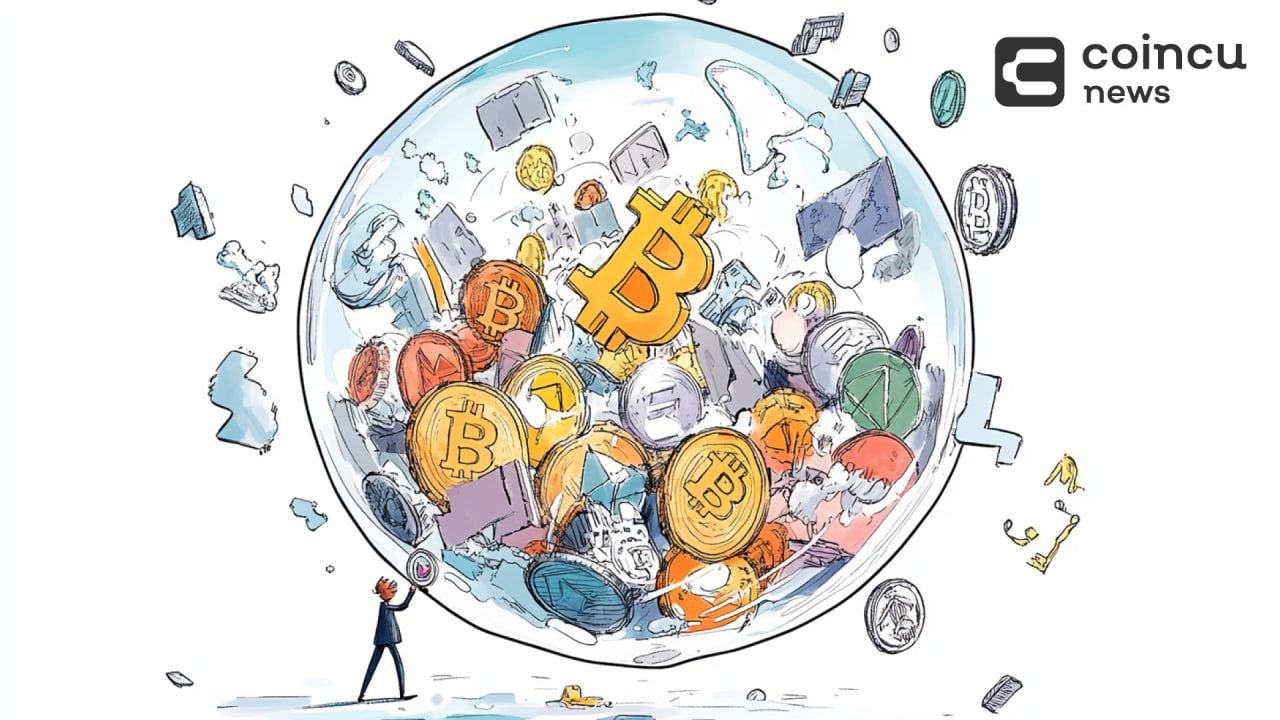$95236.696
At CoinCu News, we give both basic and in-depth articles on the latest news in the cryptocurrency and blockchain sectors.
Author
News
Digital Asset Investment Products Received $308M in Inflows Last Week
Digital asset investment products saw $308 million in net inflows last week despite significant outflows
Dec
MicroStrategy Bitcoin Investment Continues As 2024 Draws to a Close
The new MicroStrategy Bitcoin investment was made at an average price of $106,622 per coin,
Dec
Bybit Proof Of Reserve Shows Changes In BTC, ETH, And USDT
Bybit Proof of Reserve reveals BTC holdings at 50,412 (-8.55%), ETH at 525,641 (+8.11%), and
Dec
Bitcoin Spot ETF Inflows Reach $449M With BlackRock Leading
Key Points: Bitcoin Spot ETF Inflows reached $449M last week, with BlackRock ETF IBIT leading
Dec
Strategic Bitcoin Reserve Expected to Cut 35% of US National Debt by 2049
VanEck suggests the U.S. could reduce its national debt by 35% by 2050 through a
Dec
The New Lead of Presidential Crypto Council Appointed by Trump Is Bo Hines
President-elect Donald Trump named Bo Hines as the executive director of the presidential crypto council.
Dec
Crypto Market Outlook 2025 Key Factors to Watch
The Crypto Market Outlook 2025 highlights key areas: stablecoin growth, tokenization, crypto ETFs, DeFi innovation,
Dec
Bitcoin Quantum Computing Threat Expected to Take Decades
The Bitcoin quantum computing threat is years away, but reserves already support post-quantum signatures via
Dec
Crypto Hedge Funds Banking Issues Persist Over Recent Years
A WSJ survey reveals crypto hedge funds banking issues over three years, with 120 out
Dec
[tptn_list how_old="7" limit="5" title_length="0" heading="0" show_date="0" ]
[tptn_list how_old="30" limit="5" title_length="0" heading="0" show_date="0" ]



















